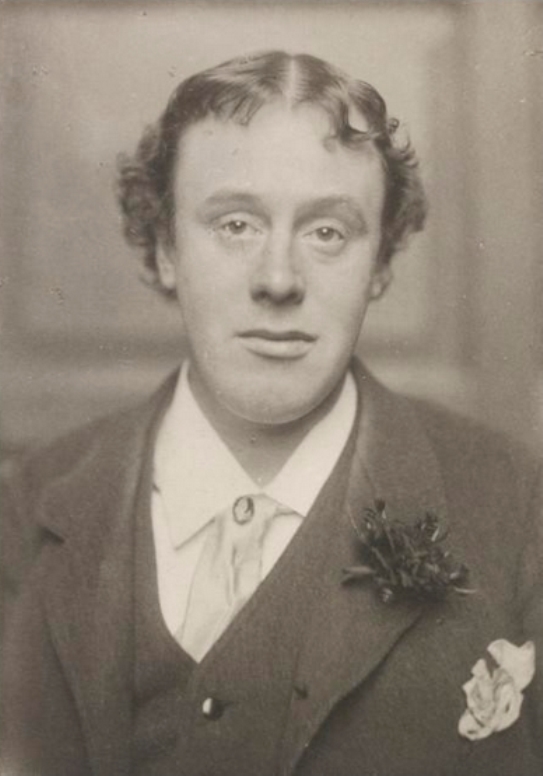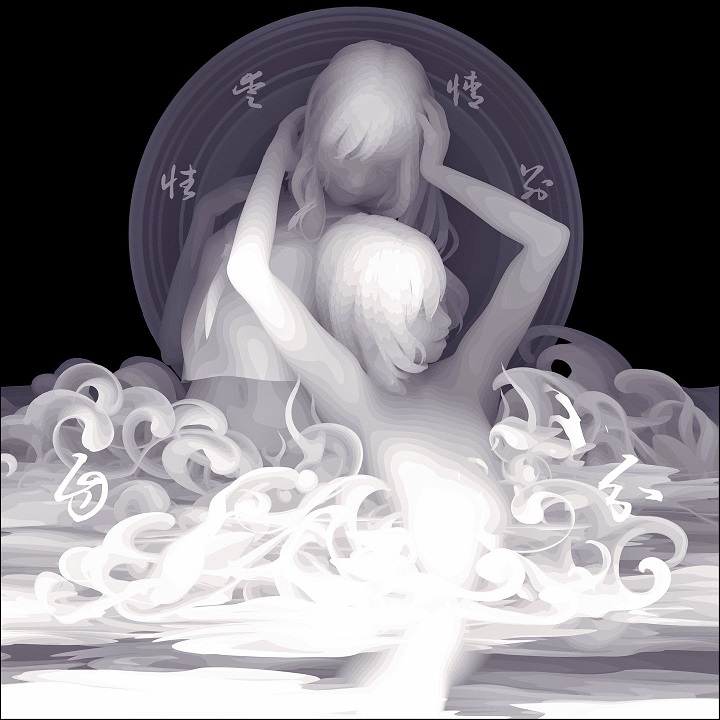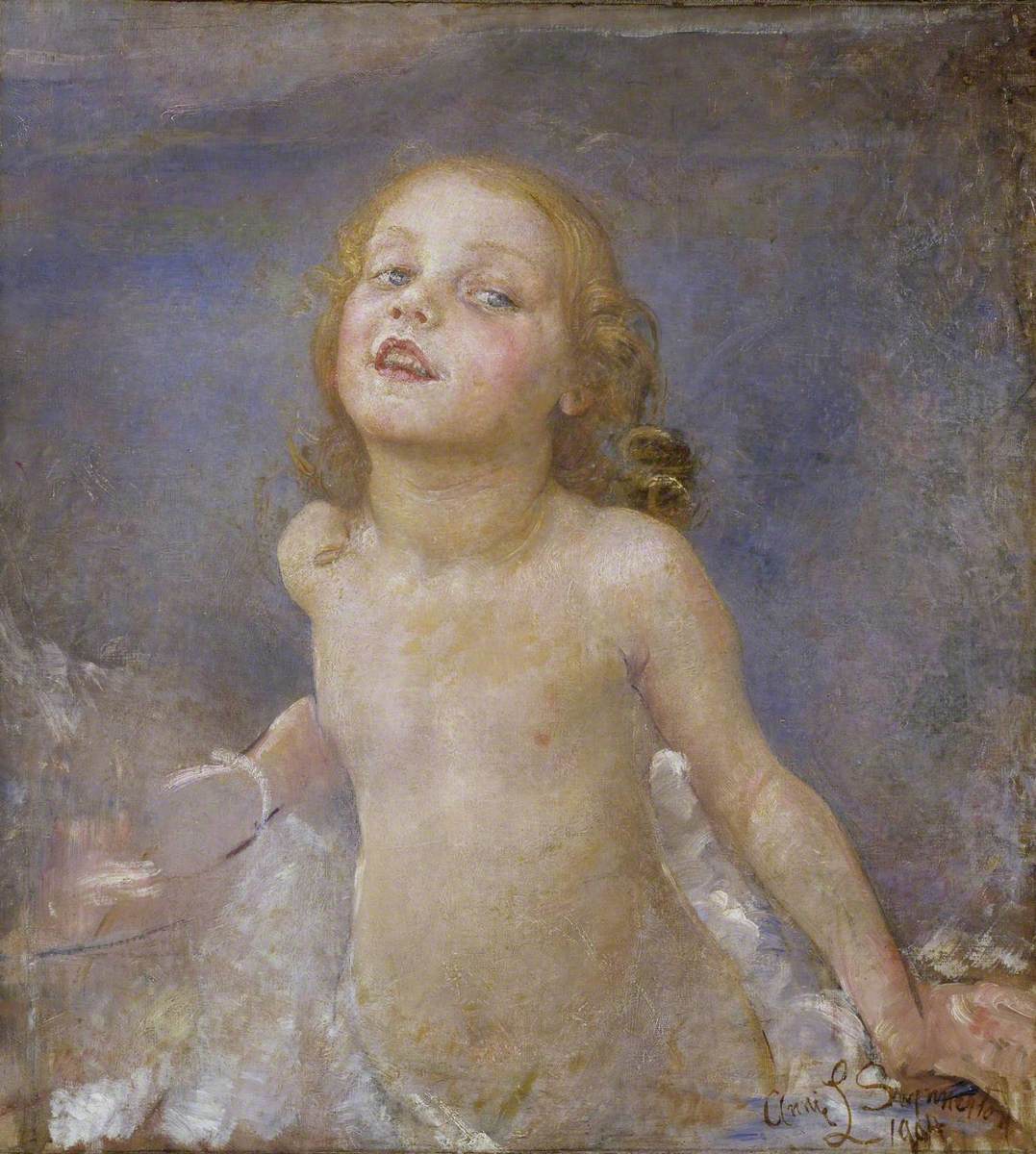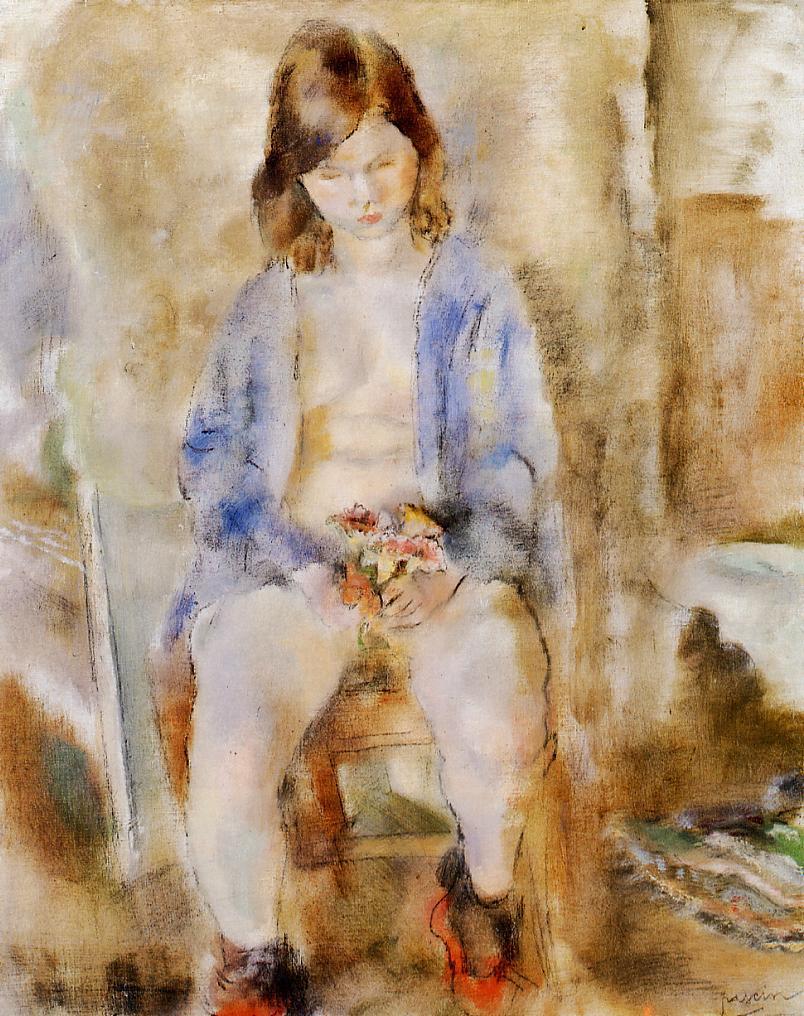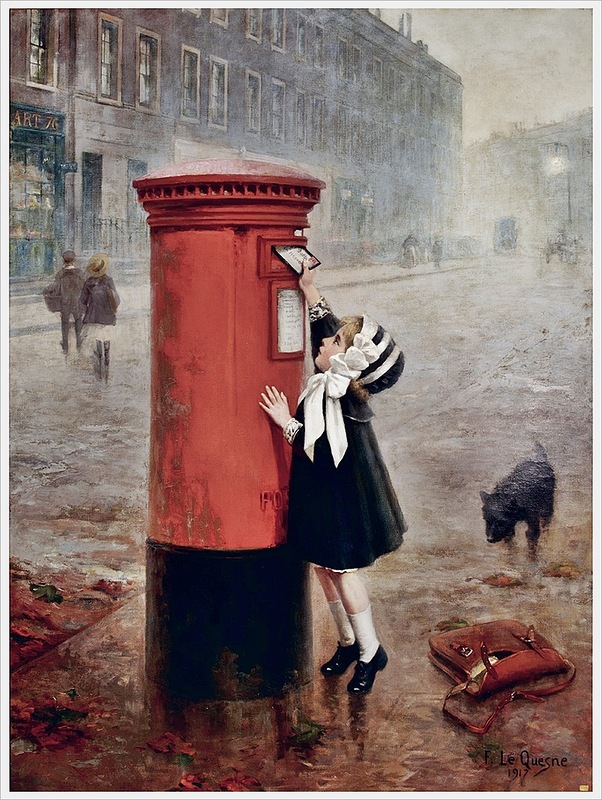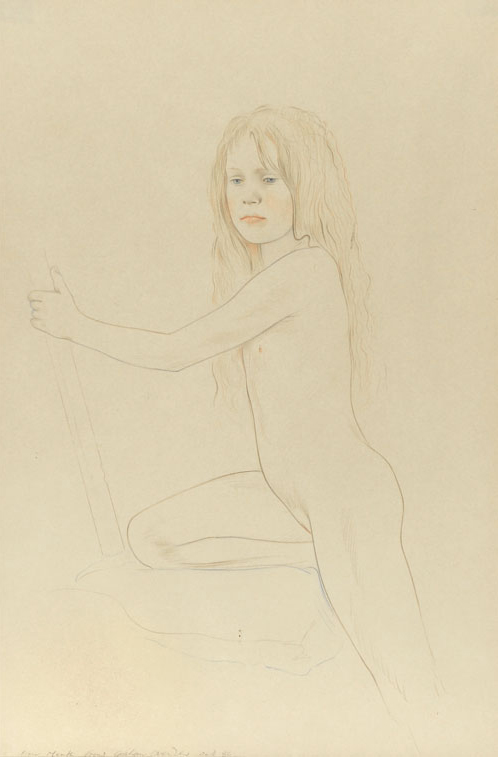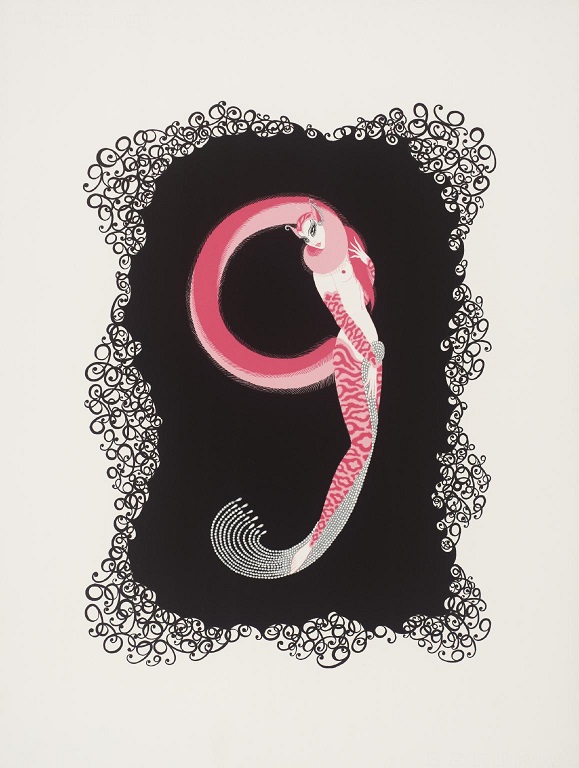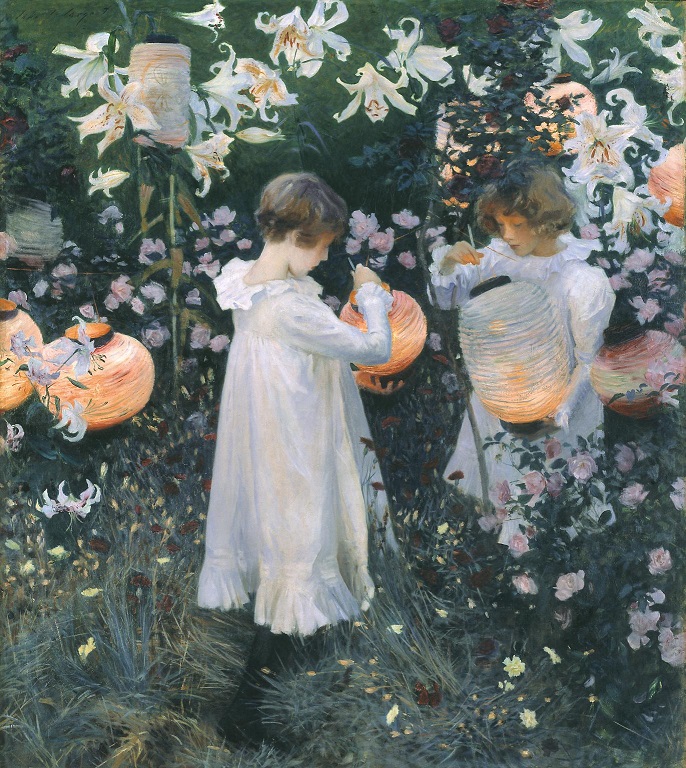
Alfred Edgar Coppard (1878–1957) was an English author, best known for his short stories, but who also wrote poetry. After a youth spent in poverty, around 1920 he joined a literary group in Oxford, then published his first book in 1921; he continued writing and publishing throughout his life. CONTINUE READING / CONTINUER LA LECTURE…


